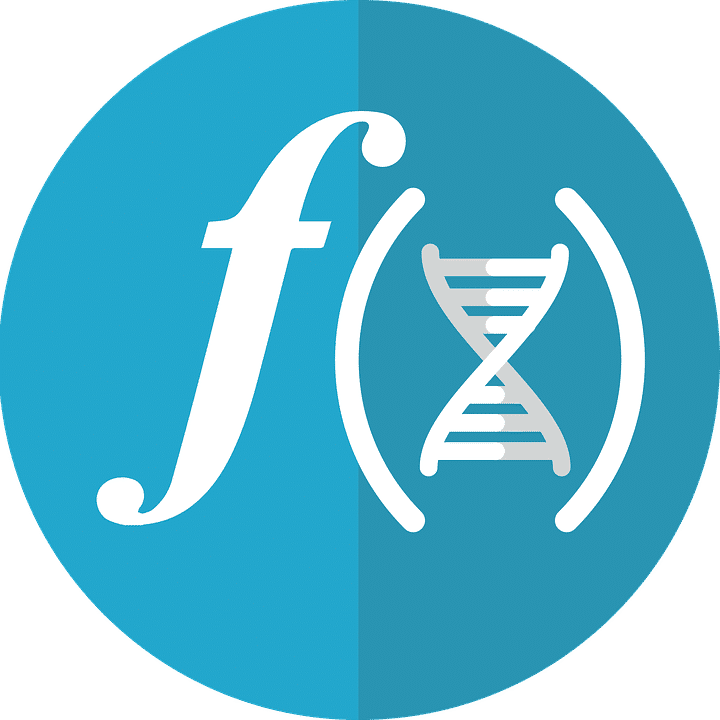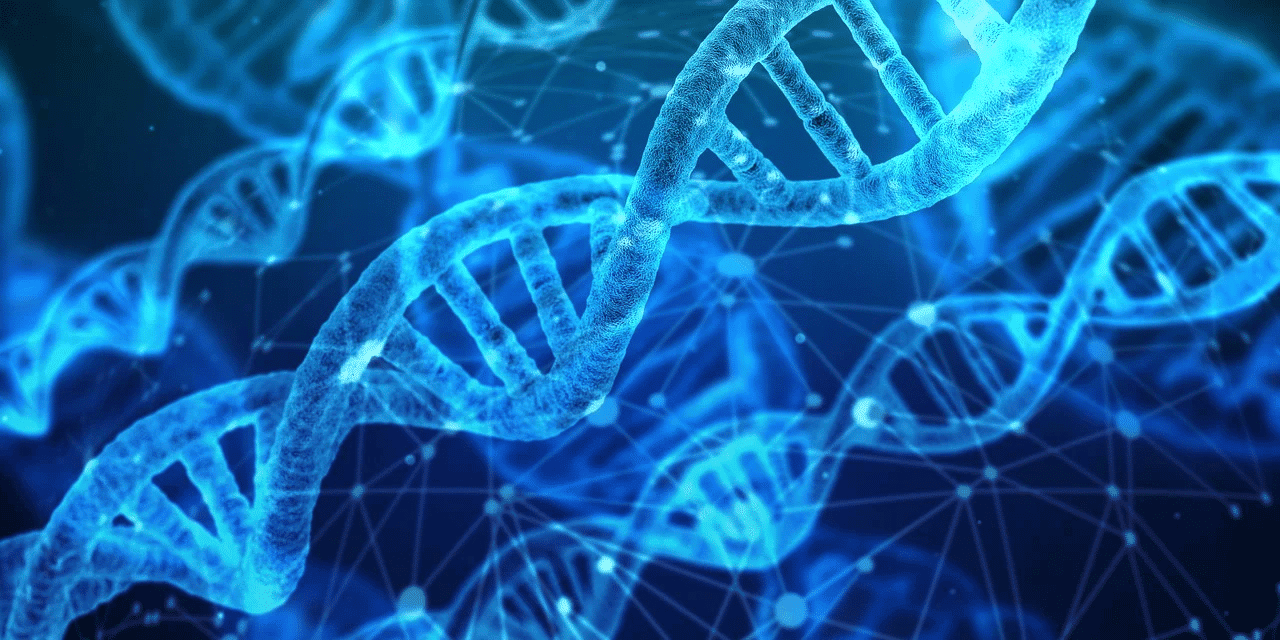What Is Functional Genomics? : An Introduction
Updated: June 19, 2024
Published: August 5, 2021

If you’re interested in learning about science topics like genes and genomes — and potentially studying them as a career — then it’s a good idea to get familiar with genomics, or, more specifically, functional genomics.
Genomics is a rather complex topic, but by breaking it down into structural genomics and functional genomics — and by learning what is the goal of functional genomics — you’ll see if these themes pique your interest for a path of study.
What is Genomics?
In order to understand an introduction to functional genomics, a good starting point is to understand genomics.
Genomics is the study of whole genomes of organisms — how those genes within the genome interact with each other and the environment surrounding the genome. Genomics incorporates elements from genetics, and involves working with a combination of recombinant DNA, DNA sequencing methods, and bioinformatics to sequence, assemble, and analyze the structure and function of genomes as a whole.
What’s a Genome?
We know that genomics is the study of genomes, but what exactly is a genome? A genome is an organism’s complete set of genetic instructions and includes all genetic material of an organism, including DNA.

Source: Pixabay
What is Functional Genomics?
According to ebi.ac.uk, “Functional genomics is the study of how genes and intergenic regions of the genome contribute to different biological processes.”
It’s a field of molecular biology which focuses on describing gene functions and their interactions. It helps us understand the various functions of genes or proteins and, ultimately, all parts of a genome.
Structural vs. Functional Genomics
To reiterate, genomics is the large-scale study of a group of genes, and that can be broken up into different types of genomics. There are two types of genomics: functional genomics and structural genomics. Here, we’ll talk about functional genomics. However, the other type of genomics, structural genomics, is important to understand, too.
According to News-Medical.net, structural genomics is a field of genomics that involves the characterization of genome structures. It can be used to manipulate the genes and DNA segments of a species.
Whereas structural genomics is characterized by the physical nature of whole genomes, functional genomics can be thought of as the “‘omes” — it’s characterized by the entire range of transcripts produced by a given organism (transcriptome) and the entire array of encoded proteins (proteome), or more simply, genes and proteins.
What is the Goal of Functional Genomics?
So, why is functional genomics important? While there are many different ways that those who work with genomes can approach functional genomics, it does have one main purpose.
The goal of functional genomics is to determine how the individual components of genomes and their environment work together to produce a particular phenotype (the set of observable characteristics of an individual resulting from the interaction of its genotype with the environment).
Functional Genomics Case Studies
Functional genomics can have a big impact on our world, as do many aspects of science. Another way to understand how functional genomics works — or any field of science for that matter — is to ask questions as part of the scientific method, and formulate a hypothesis based on those biological questions.
With functional genomics experiments, one could answer questions like, “Why do some drugs only work effectively with some patients who have a disease, and not all?” There are many functional genomics case studies out there to help you learn more about how this works.
Working in Functional Genomics
A person who works in functional genomics would look at the expression of genes in a specific context, for instance, looking at genes to be used for clinical diagnosis of rare diseases. Functional genomics, overall, is used to better understand how genes operate and what the implications of those genes are on human health.

Should I Be a Biologist and/or Geneticist?
The National Human Genome Research Institute can offer more insight into how this works today, especially if you think you might be interested in working in functional genomics.
If you think you’d be interested in studying functional genomics or genomics as a whole, then you’ll want to pursue higher education in biology and/or genetics, as well as more specific programs like a Master in Genomics.
The thing is, one of the concerns that future scientists might have regarding their studies is the cost and flexibility of them. It can be a long and expensive journey to get to that point where you can work in functional genomics.
But there is a solution! The University of the People offers many degree programs, including a bachelor’s degree in health science in order to get your foot in the door. Best of all, we’re an accredited university that’s entirely online and tuition-free. Learn more about what it’s like to study health science at UoPeople here.
